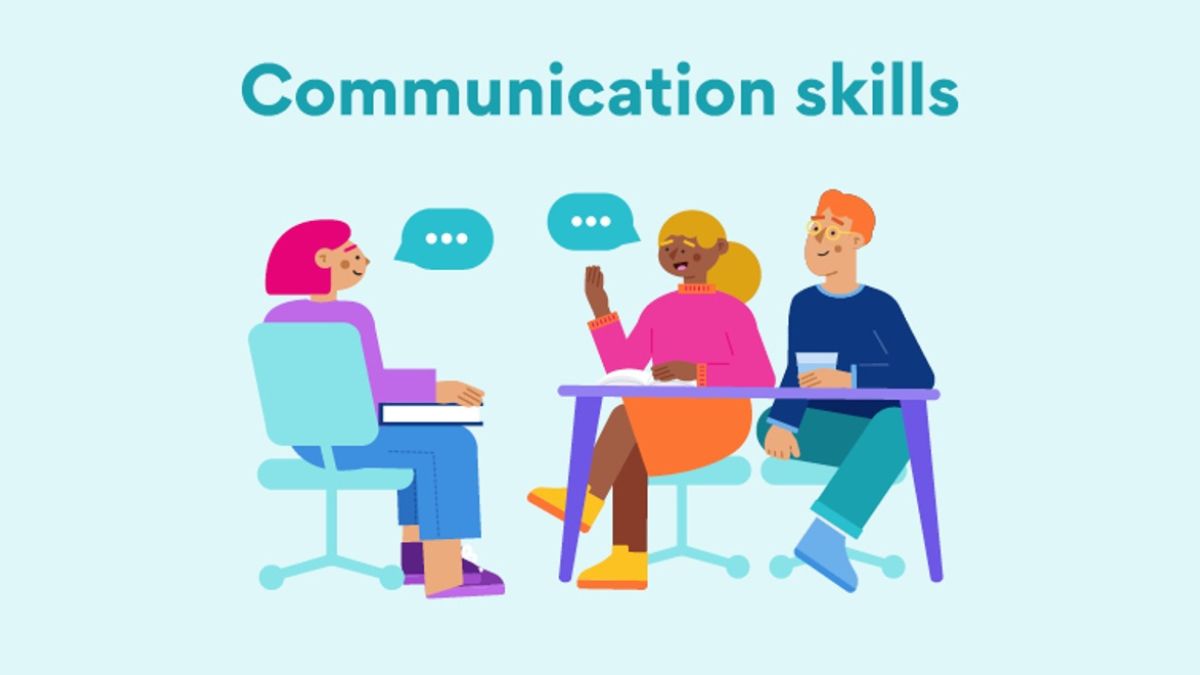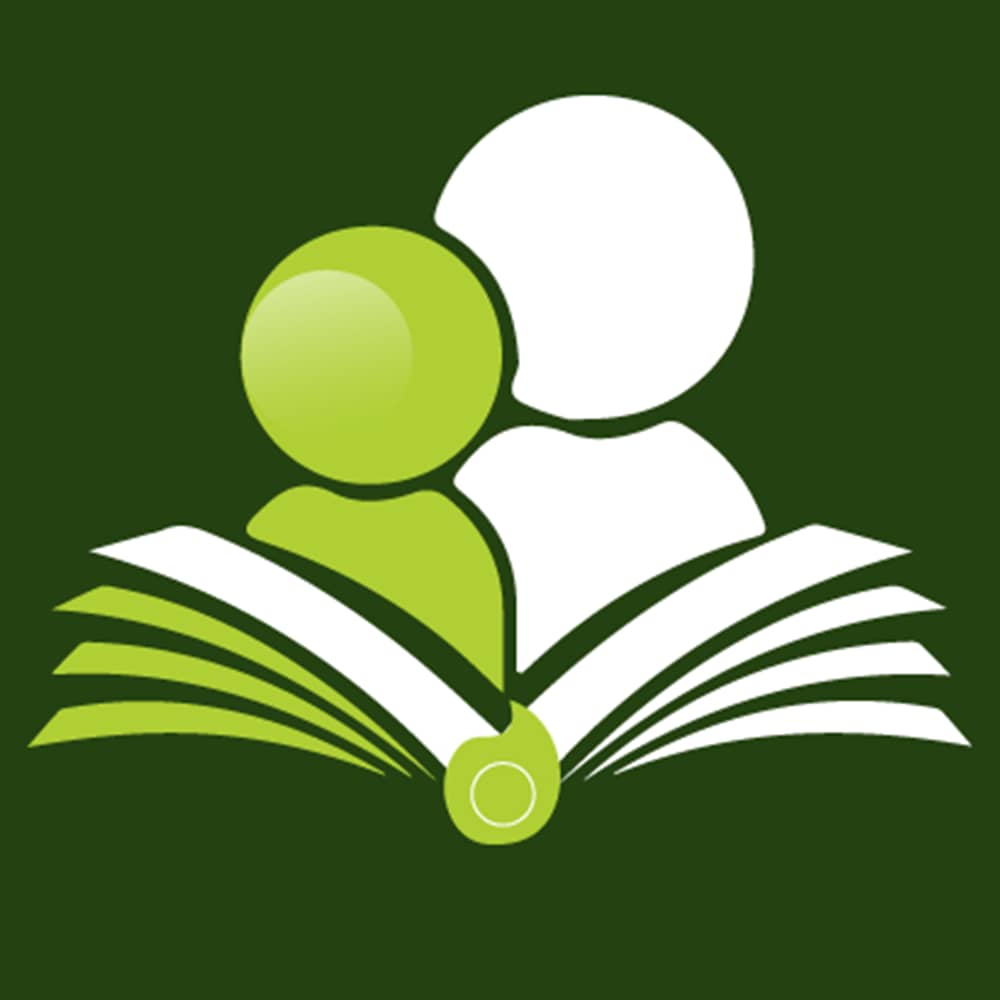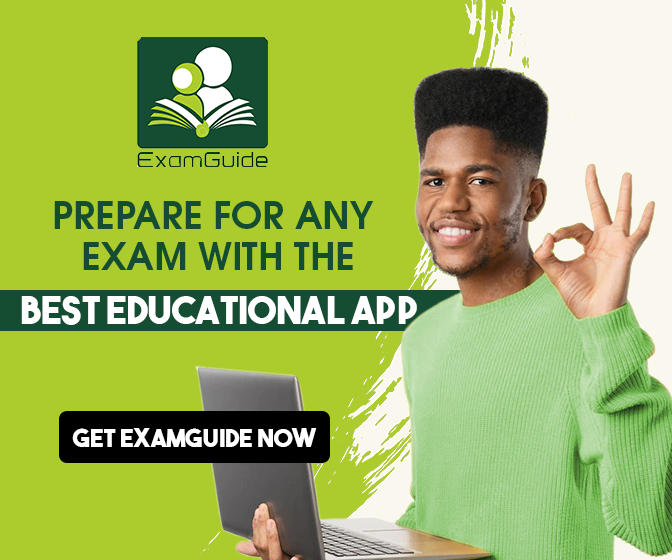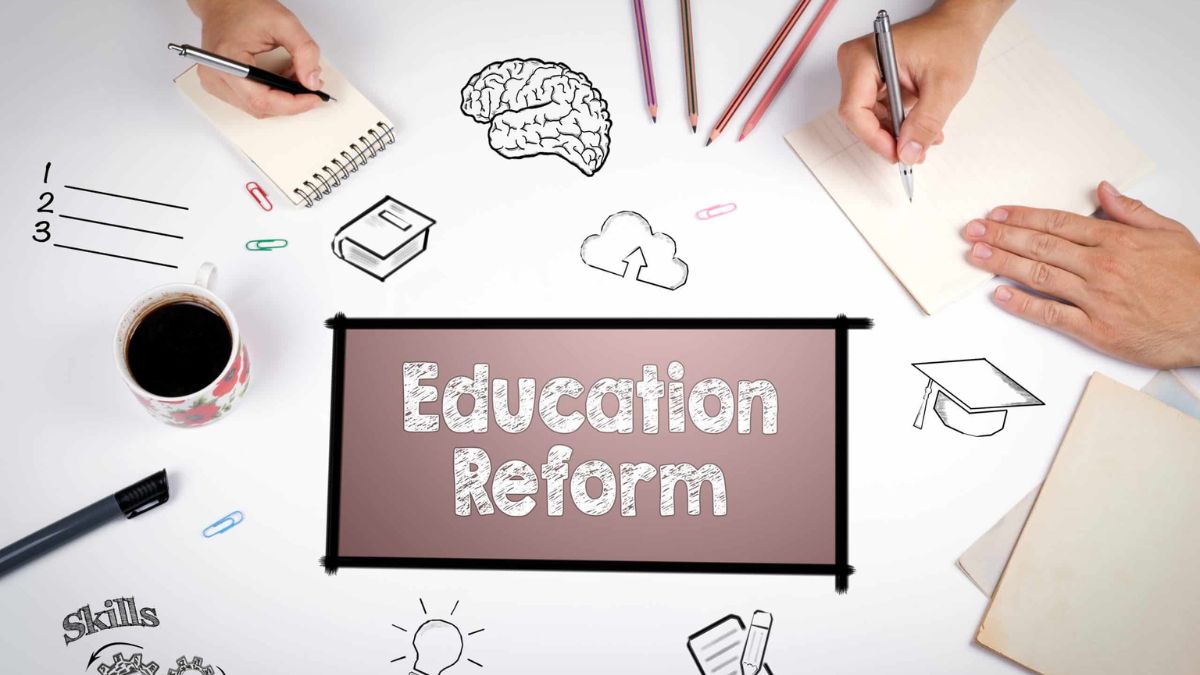
Latest Educational Reforms in Nigeria
Education plays a critical role in the development of any nation, and in Nigeria, the government has been making significant strides to improve the educational system. As a rapidly growing country, Nigeria faces unique challenges in ensuring quality education for its diverse population. In recent years, several educational reforms have been introduced to address these challenges and to align the country's educational system with global standards.
This article explores the latest educational reforms in Nigeria, focusing on key policy changes, innovations, and their impact on students, teachers, and the broader society.
Table of Content
What are the Key Areas of Educational Reforms?
Purpose of Educational Reforms
What are the Latest Educational Reforms in Nigeria?
How are Educational Reforms in Nigeria Funded?
What Challenges Do Nigeria’s Educational Reforms Face?
How Will These Reforms Impact the Future of Education in Nigeria?
Where Can I Find More Information About Nigeria’s Educational Reforms?
What Are Educational Reforms?
Educational reforms refer to the systematic changes or improvements introduced into an educational system to address existing challenges, align with evolving societal needs, and enhance the overall quality of education.
These reforms are designed to update teaching methods, curriculum, policies, infrastructure, and the management of educational institutions to ensure that learners receive a relevant, equitable, and high-quality education.
Educational reforms can take various forms and aim to address different aspects of the education system, from access to education and the quality of instruction to issues related to equity, technology integration, and student performance.
What are the Key Areas of Educational Reforms?
- Curriculum Development: Educational reforms often focus on updating the curriculum to ensure that it reflects current knowledge, skills, and competencies needed in society. This includes the incorporation of new subjects like digital literacy, entrepreneurship, and critical thinking, as well as a shift towards STEM (Science, Technology, Engineering, and Mathematics) education to prepare students for the future workforce.
- Teacher Training and Development: One of the core areas of educational reforms is the improvement of teacher quality through professional development programs. This includes enhancing teachers' skills in modern teaching techniques, integrating technology into lessons, and adopting inclusive practices for diverse classrooms.
- Access and Equity: Reforms are often aimed at ensuring equal access to education for all students, including marginalized groups such as girls, children with disabilities, and students from low-income families. Policies such as free basic education, scholarships, and inclusive education programs are part of efforts to bridge gaps in access and ensure every child has the opportunity to learn.
- Use of Technology: Modern educational reforms emphasize the role of technology in improving learning outcomes. This includes providing digital tools, learning management systems, and online resources that can facilitate both teaching and learning. It also involves training teachers and students to use digital devices and educational software effectively.
- School Infrastructure and Resources: Improving the physical and learning environment in schools is another major area of educational reform. This may involve building new classrooms, providing better facilities like libraries and laboratories, ensuring access to clean water and sanitation, and equipping schools with learning materials like textbooks and computers.
- Assessment and Accountability: Many educational reforms focus on changing how students are assessed and how schools are held accountable for their performance. This includes shifting from traditional exams to more formative assessments that evaluate a student's understanding and skills over time, as well as implementing policies that hold schools accountable for providing high-quality education.
- Policy and Governance: Educational reforms often involve changes in the way the education system is governed, including decentralizing decision-making, increasing funding for education, and establishing more efficient regulatory frameworks to monitor the quality of education across public and private institutions.
Purpose of Educational Reforms
Educational reforms are typically implemented for several key reasons:
- Improving Educational Quality: To raise the standards of education and ensure that students acquire relevant knowledge and skills.
- Enhancing Access and Equity: To make education more inclusive and accessible to all segments of the population, regardless of socio-economic background, gender, or ability.
- Aligning Education with Societal Needs: To adapt the education system to the changing economic, social, and technological landscape, ensuring that students are well-prepared for modern jobs and societal roles.
- Promoting Lifelong Learning: To foster a culture of continuous learning and adaptability in an ever-changing global environment.
- Boosting Economic Growth: To create a more skilled and knowledgeable workforce that can drive innovation and economic development.
What are the Latest Educational Reforms in Nigeria?
1. Implementation of the National Policy on Education (NPE) Review
One of the major reforms in the Nigerian education sector is the periodic review of the National Policy on Education (NPE). The NPE serves as the blueprint for educational planning and implementation across the country. Recent updates have focused on adapting the curriculum to meet the evolving needs of the economy and to improve the overall quality of education.
Key updates include:
- Emphasis on STEM (Science, Technology, Engineering, and Mathematics): Recognizing the global shift towards technology-driven economies, the curriculum now encourages greater focus on STEM subjects. This is aimed at producing graduates with skills that are relevant to the 21st-century workforce.
- Early Childhood Education (ECE): The reform emphasizes the need for better early childhood education by making it a mandatory part of Nigeria's educational structure. Improved teacher training and the development of age-appropriate learning materials are part of this initiative.
- Inclusion of Entrepreneurship Education: The NPE now places more emphasis on entrepreneurial skills from an early stage, aiming to promote a culture of innovation and self-reliance among Nigerian students.
2. Universal Basic Education (UBE) Act Strengthening
The Universal Basic Education (UBE) Act was passed in 2004 to provide free, compulsory, and universal primary and junior secondary education for all Nigerian children. Recent reforms have been directed at enhancing the effectiveness of the UBE by increasing funding and improving the monitoring mechanisms for schools.
Major Reforms:
- Expansion of UBE from 9 to 12 years: There have been efforts to expand the duration of free education to include senior secondary school, ensuring that more students complete their education without financial barriers.
- Upgrading School Infrastructure: The government, in collaboration with development partners, has focused on upgrading public school infrastructure to create a more conducive learning environment. This includes the construction of classrooms, the provision of educational materials, and access to technology in schools.
- Teacher Training Programs: To support the effective implementation of the UBE, teacher training programs have been revamped, with a focus on equipping teachers with modern teaching methodologies and technology integration.
3. Digital Transformation in Education
With the advent of the COVID-19 pandemic, the need for digital education in Nigeria became even more apparent. The government has since intensified efforts to bridge the digital divide by introducing reforms aimed at increasing access to digital learning tools.
Highlights:
- Launch of the Nigerian Learning Passport: The Nigerian government, in partnership with UNICEF and Microsoft, launched the Learning Passport, an online, mobile, and offline e-learning platform. It provides access to curriculum-aligned content for both students and teachers across Nigeria, ensuring that students in remote areas with limited internet access can also benefit.
- Teacher Training on Digital Literacy: A significant part of the reform includes training teachers to incorporate technology into their teaching methods. Workshops and training programs are being held to improve digital literacy among educators.
- Provision of ICT Infrastructure: The government has partnered with private sectors to enhance ICT infrastructure in schools, including the provision of computers, internet access, and educational software, making digital learning more accessible.
4. National Teachers’ Institute (NTI) Reforms
Teachers are at the heart of any successful educational system, and the Nigerian government has made it a priority to improve teacher quality through the National Teachers’ Institute (NTI). The NTI has been undergoing reforms aimed at improving the quality of teacher education in the country.
Key Initiatives:
- Continuous Professional Development: The government has introduced mandatory continuous professional development (CPD) programs for teachers to ensure they stay updated with modern pedagogical practices and subject content.
- Enhanced Teacher Certification: The Teachers Registration Council of Nigeria (TRCN) has introduced new certification processes that mandate all teachers to pass qualifying exams before they can practice. This reform seeks to improve professionalism in teaching and ensure that only qualified individuals are engaged in the profession.
- Incentives for Teachers: To attract and retain high-quality teachers, the government has also introduced several incentives, such as housing schemes, scholarships for further studies, and improved remuneration packages.
5. Reforms in Tertiary Education
Higher education institutions in Nigeria have also seen various reforms aimed at improving the quality and relevance of university education.
Major Changes:
- Autonomy for Universities: The government has granted more autonomy to Nigerian universities, allowing them to manage their resources and introduce new programs based on current economic demands. This has given universities more flexibility to innovate and improve their academic offerings.
- Curriculum Overhaul: The National Universities Commission (NUC) has been working on a comprehensive curriculum overhaul that reflects the current realities of the Nigerian and global economy. This includes the introduction of new courses related to emerging fields such as Artificial Intelligence, Data Science, and Renewable Energy.
- Increased Funding for Research: To encourage a culture of research and innovation, the government has increased funding for research and development (R&D) in universities. This is intended to improve Nigeria's ranking in global research output and promote collaboration with international institutions.
6. Special Focus on Vocational and Technical Education
Vocational and technical education (TVET) is now receiving more attention, as Nigeria aims to address the skills gap in its labour force. The government has reformed the TVET system to offer more practical and hands-on training, especially for young people who are not academically inclined but have technical skills.
Major Reforms:
- Establishment of Technical Colleges: New technical colleges and vocational centres have been established across the country, with a focus on equipping students with skills in areas like manufacturing, construction, and ICT.
- Partnership with Private Sector: The government has also partnered with private companies to provide internships and apprenticeship programs, allowing students to gain real-world experience during their education.
7. Inclusion of Special Needs Education
Another major reform in Nigeria’s education is the increased focus on special needs education. The government has made efforts to include children with disabilities in mainstream schools through inclusive education policies.
Notable Reforms:
- Teacher Training for Special Needs Education: The government has introduced training programs for teachers to equip them with the skills to cater to students with disabilities.
- Provision of Specialized Resources: Schools are being provided with learning aids and infrastructure, such as ramps and specialized teaching materials, to support the inclusion of special needs students in the general education system.
How are Educational Reforms in Nigeria Funded?
Educational reforms in Nigeria are funded through a combination of domestic and international resources. The Nigerian government plays a key role by allocating a portion of its annual budget to the education sector. In recent years, there has been a push to increase this funding to meet global education standards, to address infrastructure gaps, teacher shortages, and access to digital resources.
In addition to government funding, international organizations like UNICEF, UNESCO, and the World Bank provide financial support for specific education programs, especially those aimed at improving access to education, promoting inclusive learning, and enhancing teacher training.
These organizations also collaborate with the Nigerian government on initiatives such as the Nigerian Learning Passport, which seeks to improve digital learning across the country.
Private sector involvement is also growing, with companies and non-governmental organizations (NGOs) investing in education through corporate social responsibility (CSR) projects, scholarships, and funding for educational infrastructure.
Finally, partnerships with strategic educational technology companies help bridge the digital divide by supplying schools with modern learning tools and platforms, which are often subsidized or funded through grants. These collaborations are particularly important in expanding access to technology in rural and underserved areas of the country.
What Challenges Do Nigeria’s Educational Reforms Face?
Despite the efforts to improve the education system, Nigeria’s educational reforms face several challenges that hinder the full realization of their goals. These challenges span funding, infrastructure, policy implementation, and socio-economic issues. Below are the key challenges:
Inadequate Funding: The education sector receives less than the recommended budget, and delays in fund disbursement hinder project execution.
Poor Infrastructure: Overcrowded classrooms, dilapidated buildings, and lack of basic amenities like clean water and electricity affect learning environments.
Teacher Shortages and Low Motivation: Insufficient qualified teachers, especially in rural areas, coupled with low pay and inadequate training, impact educational quality.
Policy Implementation Gaps: Poor execution, bureaucracy, and corruption prevent effective policy enforcement and reform progress.
Digital gap: Many schools lack access to technology, internet, and consistent electricity, limiting digital learning.
Socio-Economic Barriers: Poverty, cultural norms, and gender disparities hinder children’s access to education, especially girls and children in conflict zones.
High Dropout Rates: Early marriage, child labor, and poverty contribute to high dropout rates, particularly in rural areas.
Resistance to Change: Some teachers and communities resist new reforms due to cultural beliefs or reluctance to adopt new teaching methods.
How Will These Reforms Impact the Future of Education in Nigeria?
The ongoing educational reforms in Nigeria have the potential to significantly improve the country’s education system, shaping the future of learning in various ways:
- Improved Quality of Education
With a focus on better teacher training, updated curricula, and enhanced instructional methods, the reforms aim to raise the overall standard of education. This will lead to more qualified graduates who are better prepared for the workforce, especially in high-demand sectors like STEM and entrepreneurship.
- Increased Access and Inclusivity
Expanding free education, improving infrastructure, and addressing socio-economic barriers will make education more accessible to marginalized groups, including girls, children from low-income families, and children with disabilities. This will result in higher enrollment and retention rates across all educational levels.
- Integration of Technology in Learning
The introduction of digital learning platforms and ICT tools will modernize Nigeria’s education system. As more schools are equipped with technology, students will gain critical digital literacy skills that are essential for participating in the global economy. Technology will also improve learning outcomes through interactive and self-paced learning methods.
- Alignment with Global Standards
Nigeria’s education reforms emphasize aligning the system with international standards, particularly in higher education. This will improve the quality of university programs, enhance research output, and increase the employability of Nigerian graduates globally.
- Stronger Vocational and Technical Education
By promoting technical and vocational education (TVET), the reforms will equip students with practical skills relevant to industries such as manufacturing, ICT, and agriculture. This focus on skill-based learning will reduce unemployment and address the labor market needs in Nigeria.
- Enhanced Teacher Professionalism
Continuous professional development and incentives for teachers will lead to a more motivated and skilled teaching workforce. Better teacher quality will directly improve student performance and make classrooms more effective learning environments.
- Boost in Economic Development
Education reforms that produce a more skilled and educated workforce will contribute to Nigeria’s economic growth. Graduates with relevant skills will drive innovation, entrepreneurship, and productivity, ultimately boosting the country’s socio-economic development.
- Reduction in Dropout Rates
By addressing socio-economic challenges and improving the quality of education, more children will remain in school, reducing dropout rates. Inclusive reforms, such as providing education for special needs students and tackling gender disparities, will ensure a more equitable education system.
Where Can I Find More Information About Nigeria’s Educational Reforms?
Information on Nigeria’s educational reforms can be found on official government websites such as the Federal Ministry of Education, as well as reports from international organizations like UNICEF, UNESCO, and the World Bank, which partner with Nigeria on education initiatives.
Conclusion
The latest educational reforms in Nigeria reflect the government’s commitment to improving the quality and accessibility of education at all levels. While challenges remain, these reforms mark a significant step towards achieving the goals of the United Nations' Sustainable Development Goal 4 (Quality Education).
As these changes continue to take root, it is expected that Nigeria’s education system will become more inclusive, relevant, and capable of preparing its citizens for the demands of the modern world.
These reforms promise not only to uplift the quality of education but also to create a skilled and educated workforce that can drive Nigeria’s economic and social development in the years to come.
No comment found
Related Posts

Top 20 Motivational Quotes for Students to Work Hard
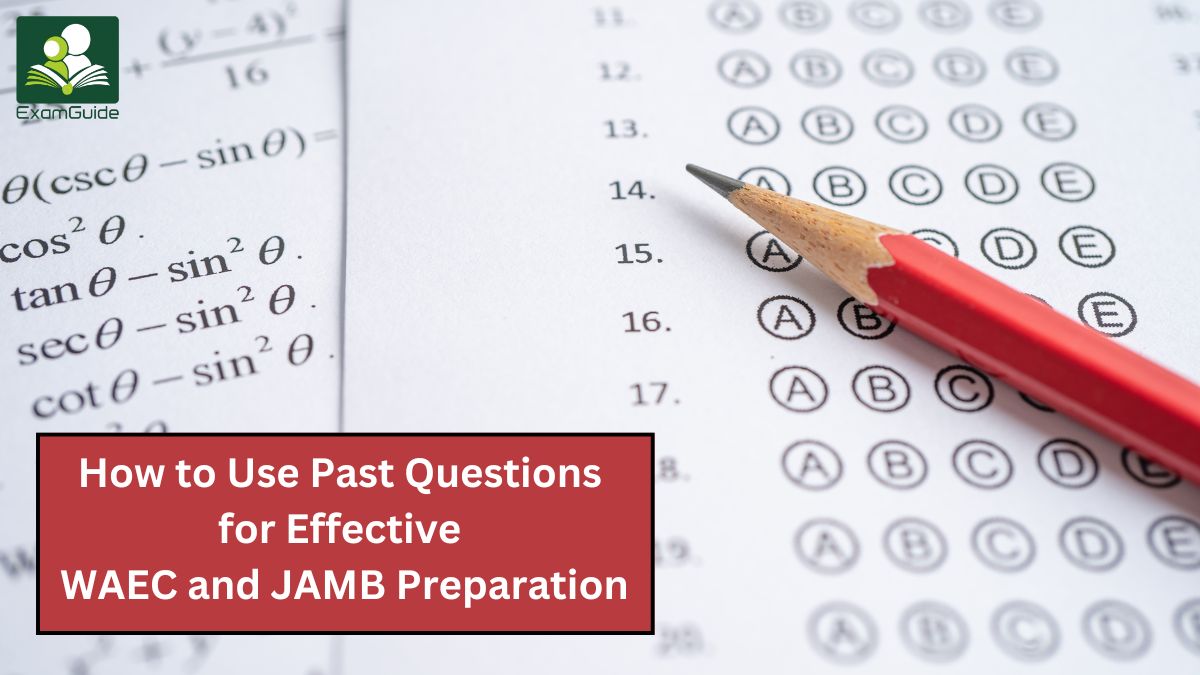
How to Use Past Questions for Effective WAEC and JAMB Preparation
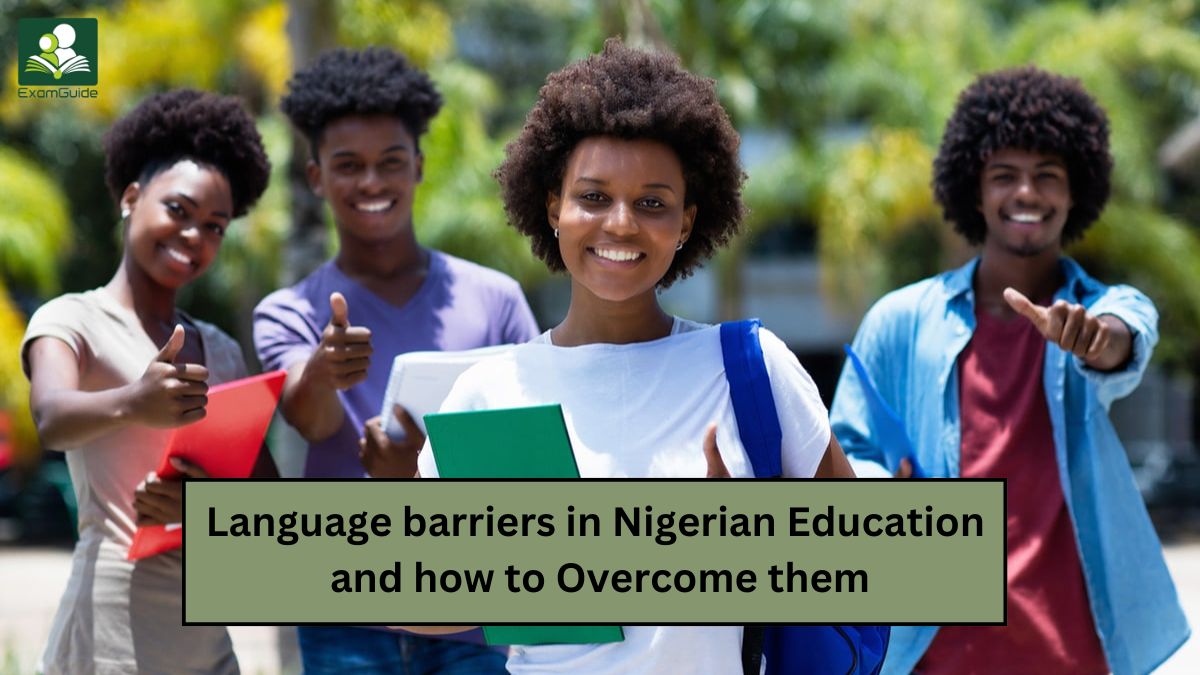
Language barriers in Nigerian Education and how to Overcome them

How to Excel in Mathematics: Tips for Nigerian Students
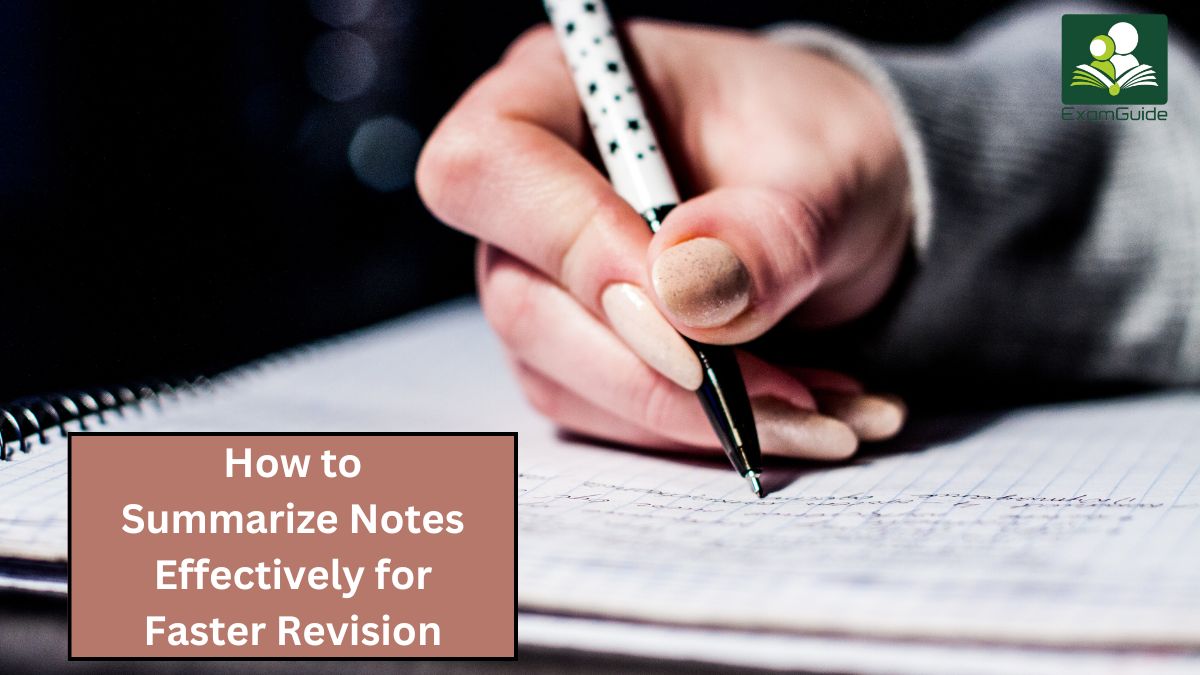
How to Summarize Notes Effectively for Faster Revision
